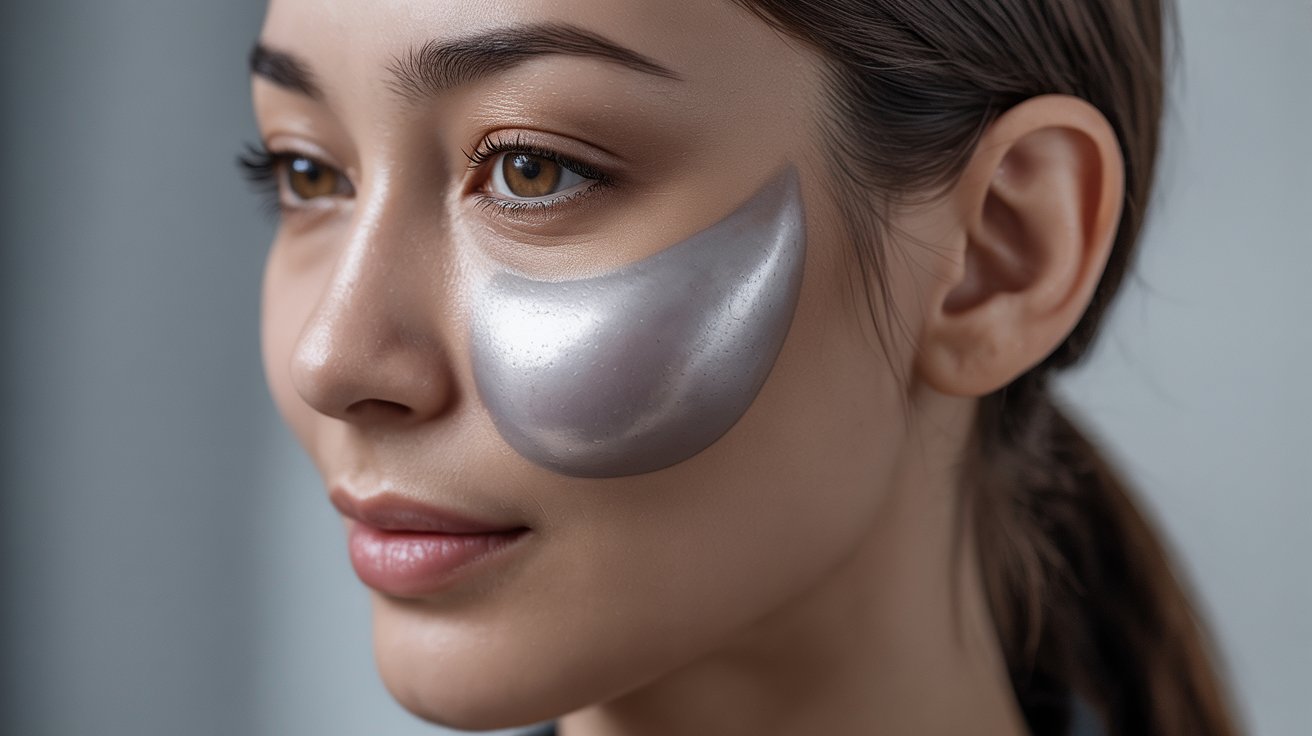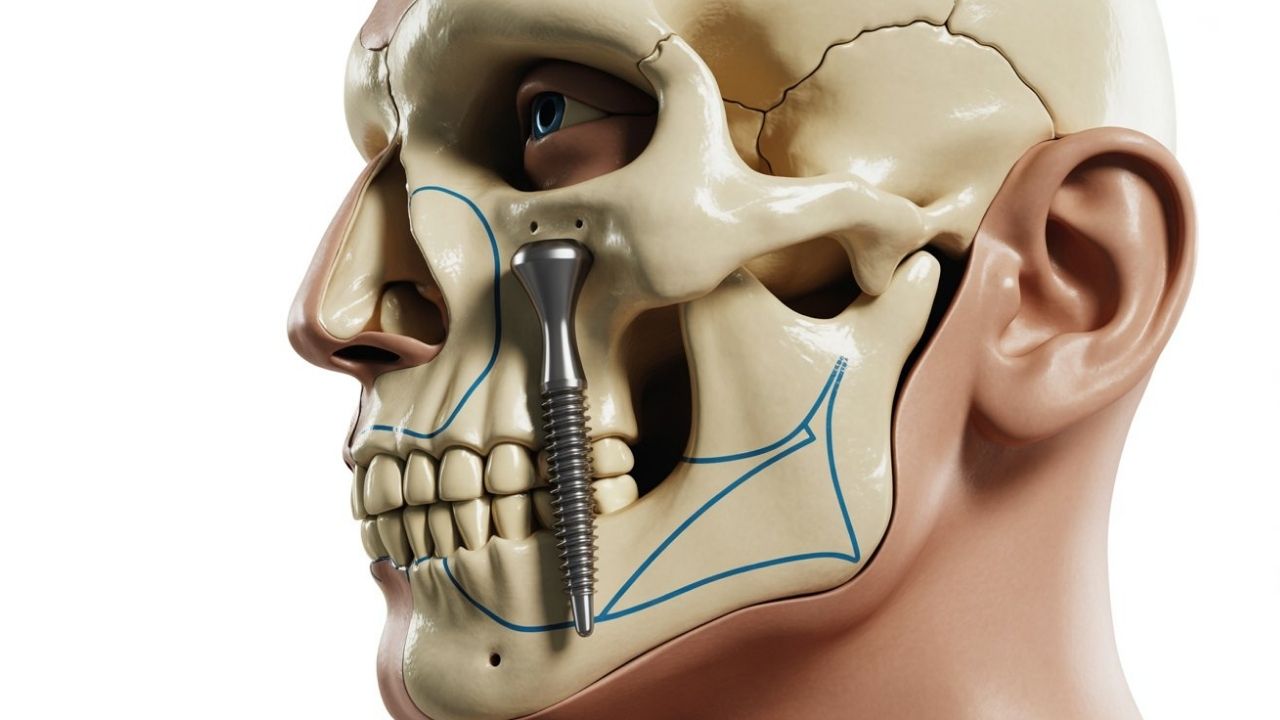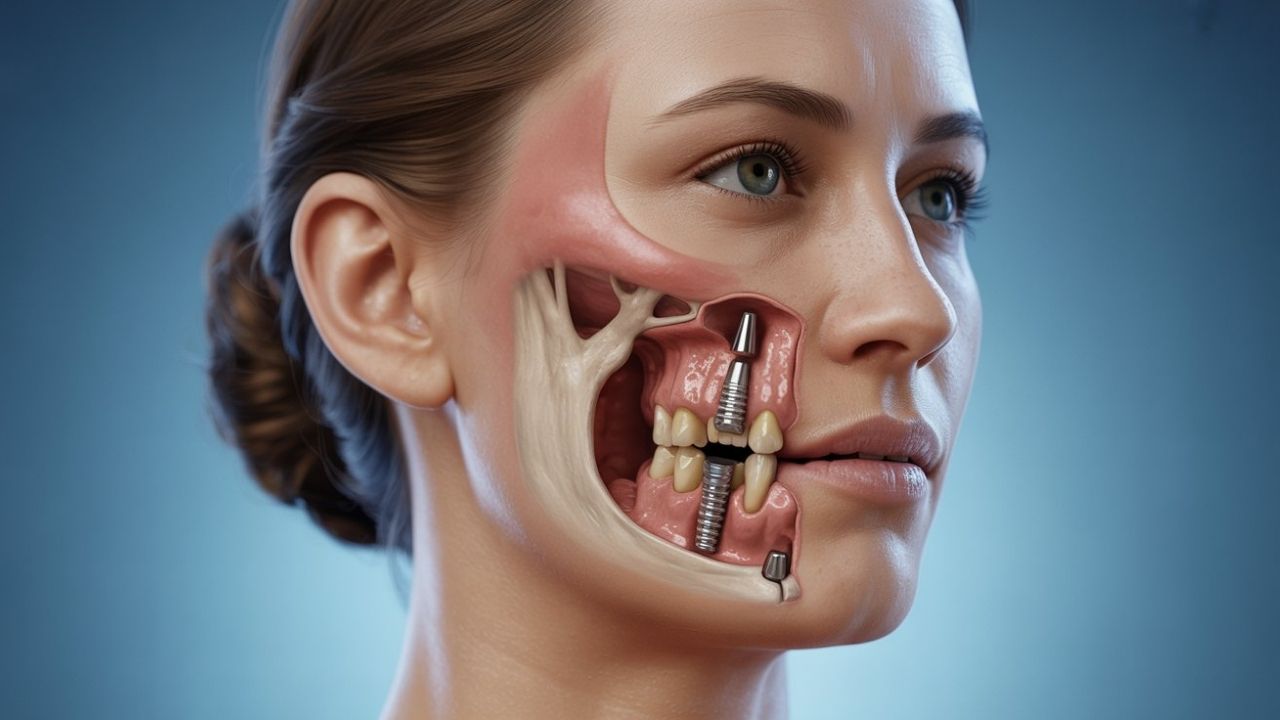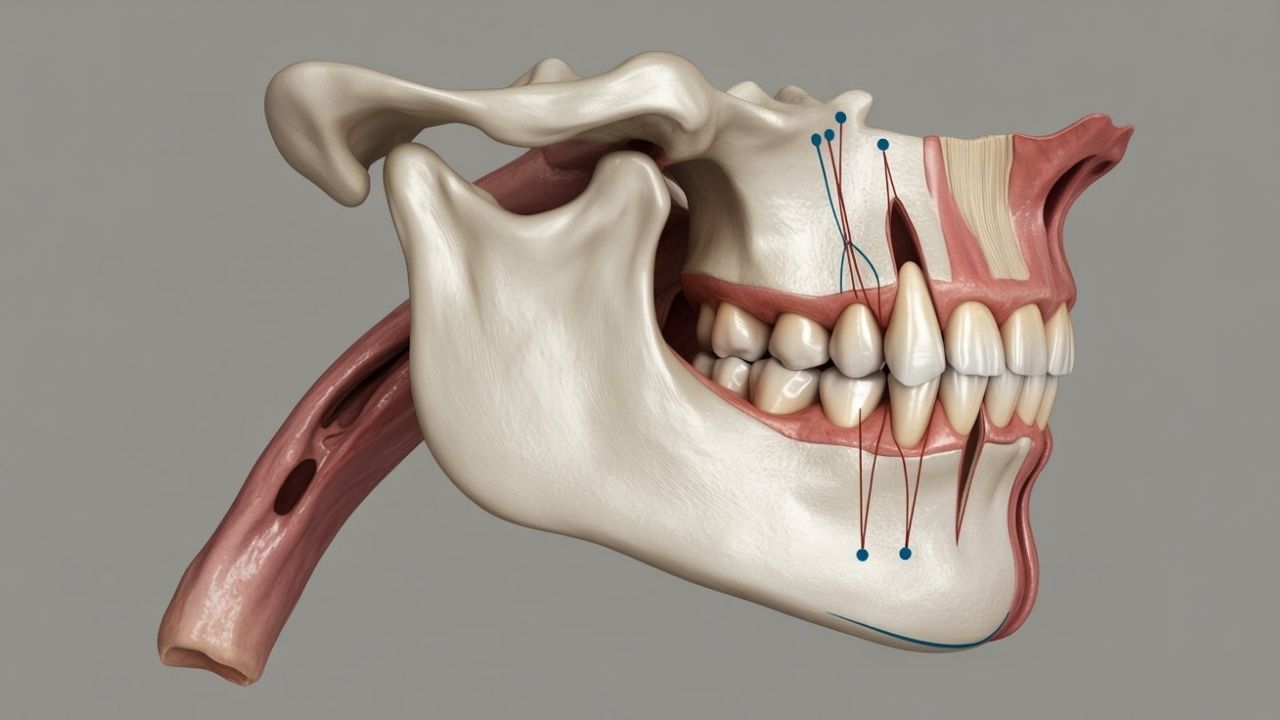Permanent zygoma implants are a specialized type of dental implant that differ from traditional implants in size and placement. These type of zygoma implants are anchored in the cheekbone (zygoma bone) and have become increasingly popular in recent years. Prof. Dr. Celal Çandırlı especially recommends these implants for patients with severe bone loss in the upper jaw who cannot receive standard implants.
What is a Permanent Zygoma Implant?
A permanent zygoma implant is placed directly into the cheekbone, providing a stable foundation for dental restoration. These implants feature specialized surfaces and are carefully positioned during an orthognathic surgical procedure (
. The result is a strong and long-lasting solution for patients with limited upper jaw bone.
How is a Zygoma Implant Placed?
The placement of a permanent zygoma implant is a carefully planned and precise procedure. It should only be performed by an experienced specialist. Finding a qualified surgeon can be challenging, which is why choosing Prof. Dr. Celal Çandırlı—who has extensive knowledge and experience in zygoma implants—is essential.
For patients with bone loss, the process typically involves:
- Conducting volumetric dental tomography upon the patient’s first visit
- Assessing the jawbone structure
- Measuring the distance between the zygomatic bone and upper jaw to select the appropriate implant
- Preparing a prosthesis so the patient can preview their teeth during surgery
- Translating the approved prosthesis into a 3D computer model
- Completing necessary medical tests and preoperative preparations
- Performing the surgery under general anesthesia, which typically lasts around two hours
- Placing the zygomatic implants into the upper jaw
Postoperative care is critical. Surgeons often recommend customized toothbrushes and regular check-ups every six months to one year to ensure optimal oral health.

Who Can Get a Permanent Zygoma Implant?
For individuals with extensive bone loss in the upper jaw, permanent permanent zygoma implants offer a reliable alternative to traditional implants. They are often recommended for:
- Patients who have been toothless for long periods and experienced significant bone resorption
- Individuals with bone structure insufficient for grafts or conventional implants
- Those who struggle with removable dentures
- Patients who lost teeth early due to genetics or other reasons
Important Considerations During the Zygoma Implant Process
Patients must follow specific guidelines to ensure proper healing and integration of the permanent zygoma implant:
- Avoid extremely hot or cold foods immediately after surgery
- Refrain from consuming solid foods until fully recovered
- Apply ice packs for the first 24 hours to reduce swelling
- Follow the diet plan provided by the surgeon
- After three months, gradually resume normal eating habits as advised

Possible Complications After a Zygoma Implant
As with any surgical procedure, zygoma implants carry potential risks, though complications are rare when performed by experienced surgeons:
- Implant loss
- Infection
- Bleeding
- Nerve injury
- Jawbone damage
- Sinus problems
- Allergic reactions
- Vascular injury
Patient Reviews
Patient experiences with zygoma implants are generally positive. This procedure offers a solution for those who cannot receive traditional implants due to bone loss, making it highly advantageous. Many patients report improved oral function, aesthetics, and quality of life.
Popular Zygoma Implant Brands
Several well-known brands are commonly recommended by dental professionals for permanent zygoma implants, including:
- Straumann
- Nobel Biocare
- BEGO
- Zimmer Biomet
- Dentsply Sirona
The choice of brand can depend on patient preference, availability, and clinical suitability.
Zygoma Implant Costs
The cost of permanent zygoma implants varies based on multiple factors, including the implant brand and biomaterials used. Imported implants are generally more expensive than domestic options, though price does not necessarily reflect quality. A thorough examination and consultation with Prof. Dr. Celal Çandırlı help determine the most suitable implant and brand for each patient.
For more details on implant brands and pricing, patients can visit MaxFax Zygoma Center and consult directly with the clinic.

Frequently Asked Questions (FAQ)
Patients considering a Permanent Zygoma Implant often have many questions about the procedure, recovery, and potential risks. This FAQ section provides detailed answers to the most common concerns, helping patients understand the process and make informed decisions. By addressing topics such as candidacy, placement, benefits, and complications, patients can feel confident and prepared for their treatment with experienced specialists like Prof. Dr. Celal Çandırlı.
Is a Permanent Zygoma Implant Difficult?
Yes, the procedure is complex and tailored to each patient. Recovery times vary, and complications, although rare, can occur.
How is a Zygoma Implant Placed?
Performed under general anesthesia, the implant is inserted into the cheekbone after careful measurement and preparation. Zygoma implants are larger than standard dental implants, requiring precise placement.
Can Zygoma Implants Be Placed in the Lower Jaw?
No. These implants are specifically designed for the upper jaw and cheekbone areas in patients with severe bone loss.
Can Implants Be Placed When the Jawbone Has Resorbed?
Yes. Permanent zygoma implants are ideal for patients with extensive upper jaw bone loss, where traditional implants are not possible.
Is a Permanent Zygoma Implant a difficult procedure?
Yes, it is a complex surgical procedure that must be tailored to each patient’s unique anatomy. Recovery time varies depending on the individual, and while complications are rare, patients should follow all postoperative instructions carefully.
Are there any complications after a Zygoma Implant?
Although rare, potential complications can include implant loss, infection, bleeding, nerve injury, jawbone damage, sinus issues, allergic reactions, or vascular injury. Choosing an experienced surgeon like Prof. Dr. Celal Çandırlı significantly reduces these risks.
What are the main benefits of a Permanent Zygoma Implant?
Permanent zygoma implants provide a strong foundation for dental restoration, restore chewing function, improve facial aesthetics, and offer a long-term solution for patients with significant bone loss.
Who is a suitable candidate for a Zygoma Implant?
Ideal candidates are patients with extensive upper jaw bone loss, individuals who cannot receive conventional implants, long-term denture users, or those who have experienced early tooth loss due to genetics or other reasons.
What brands of Permanent Zygoma Implants are commonly used?
Popular brands include Straumann, Nobel Biocare, BEGO, Zimmer Biomet, and Dentsply Sirona. The choice depends on clinical needs, availability, and patient preference.




